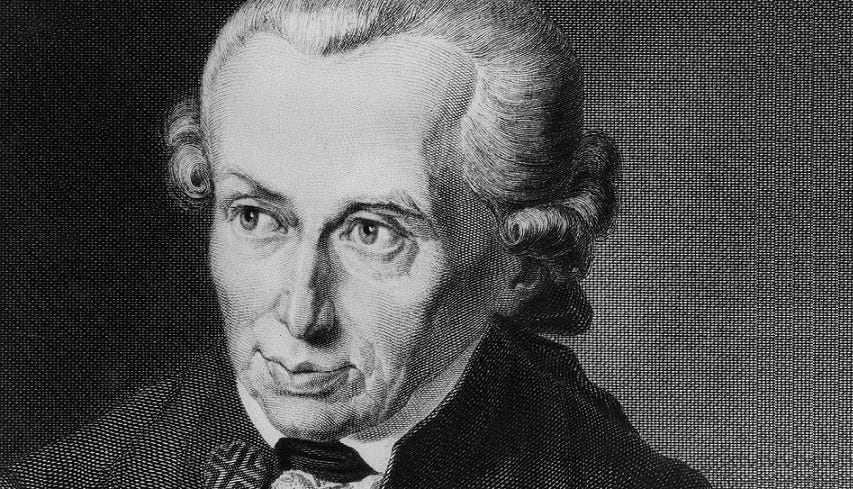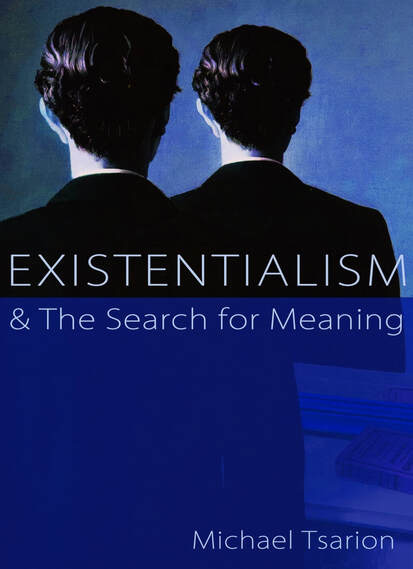The Dasein, constituted by ontological comprehension, is essentially not a thing but a happening, and this happening is transcendence – William Richardson
An ugly word looms in front of us when we read philosophy, not just that of the Platonic era, but right down the line to Husserl and Heidegger. That word is “transcendence.” Boring as it is, Heidegger’s teachings make the term less obscure.
On the most basic level – as pertains to Descartes, Kant, and many other thinkers – it describes mental abilities not found in animals. Man thinks about thought and inquires into whether life has an ultimate “meaning.” Kantians believe that our experience of a physical world of objects – our very ability to objectify and stand back as a “subject” observing the world – is due to what he called ‘’Transcendental’’ cognitive structures and mental frameworks. Descartes also took this false view, believing that mind is set off against reality as a detached spectator and imperious commander. In his view, Dasein is apart from and outside perceived reality. He is not a Being-in-the-World, and his origin is beyond or above it. Kant’s system is, for this reason, referred to as Transcendental Idealism. Both terms refer to the fact that cognitive understanding does not necessarily arise from worldly experience. It occurs due to innate a priori categories of the understanding, those making experience of all kinds possible. Behind Kant’s elaborate philosophy of mind lay his need to associate man with God, another all-powerful entity sitting imperiously “above” the gross physical world. Metaphysics, of a Baconian, Cartesian, Kantian or other type, is, according to Nietzsche and Heidegger, born from Dasein’s existential disorientation in a cosmos he must, for his own stability, control and command.
Nietzsche sees philosophy as the means through which the subject attempts to assert control over the world and impose limitations on the limitless – Katrin Froese
When Newton wrote of the role of providence in his General Scholium, he argued that God 'governs all things, not as the soul of the world, but as Lord over all – Andrew Lincoln
It is natural that some beings command and others obey, that each may obtain mutual safety - Aristotle
Descartes also wrote that humanity’s ultimate purpose was to become the ‘Lords and Masters of Nature’ - Baring & Cashford
I have tried to show that religious ideas have sprung from the same need as all the other achievements of culture: from the necessity for defending itself against the crushing supremacy of nature” – Sigmund Freud
Men have brought their powers of subduing the forces of nature to such a pitch that by using them they could now very easily exterminate one another to the last human being – Sigmund Freud
Technology has ravaged the earth and degraded natural forms to mere utility. Man has labored and thought not with but against the grain of things. He has not given lodging to the forces and creatures of the natural world but made them homeless – George Steiner




